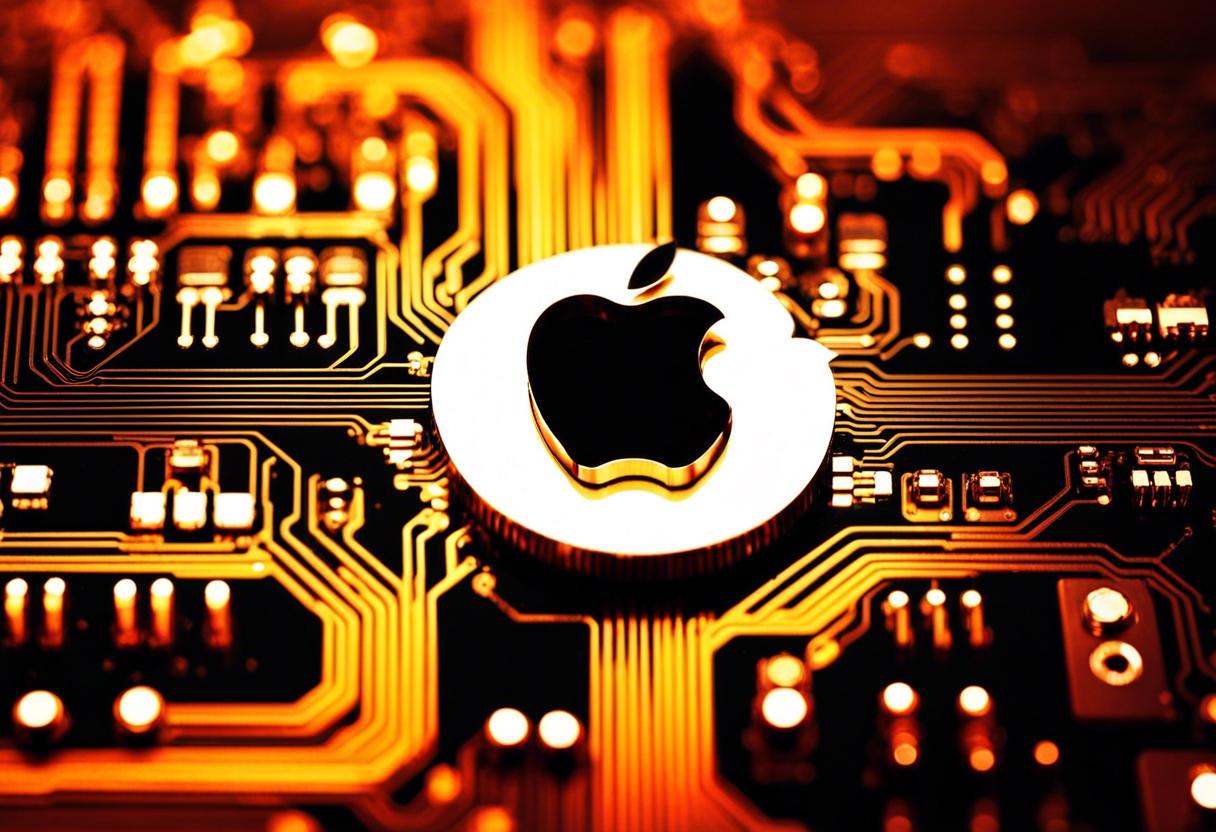Apple has finally entered the realm of generative artificial intelligence (AI), integrating new features into its iPhone, iPad, and Mac appliances to streamline everyday tasks for users. Alongside this, Apple has partnered with OpenAI to include their AI model, ChatGPT, in their software. This exciting development was announced at Apple’s WWDC developer conference in California, introducing a new element called Apple Intelligence which will be incorporated into iPhone, iPad, and Mac devices. However, not all devices will have the ability to operate these AI features, as Apple Intelligence demands substantial chip power. It’s only the iPhone 15 Pro and other devices powered by Apple’s M series chips that are capable of supporting this new system.
Aside from the third-party model, Apple’s own AI functionalities will also be utilised to enhance Siri’s capabilities, assist users in managing their emails, refining texts and documents, and editing multimedia content like photos and videos. Meanwhile, users can utilise ChatGPT to gain wider knowledge.
Maintaining that users will have control over their data, Apple stated that users would have to opt in to use ChatGPT. Apple CEO, Tim Cook, ensured that the new Apple Intelligence would uphold the company’s tradition of valuing user privacy, quelling concerns that the incorporation of generative AI might violate Apple’s prior commitments on data protection.
Tim Cook emphasised that the addition of these remarkable capabilities entails that they should be intuitive, easy to use, and deeply embedded in the product experiences. Some of these features will operate on the device itself, but higher-demand requests will go to a private cloud, affording enhanced privacy and security.
“Apple is now emphasising its security features, an inherent characteristic of Apple Intelligence, as it transitions into the AI era,” noted Ben Wood of CCS Insight. People are bound to realise that like its competitors, Apple had to turn to a cloud-based solution for some features. Given these novel challenges, Apple is forming its private cloud for various purposes, and its partnership with OpenAI for ChatGPT marks a change in direction; Apple had been previously hesitant to collaborate for key technology.
Expectedly, Siri, Apple’s digital assistant, is a chief recipient of Apple Intelligence. The improved Siri can function as a personalised help desk for Apple product users, offering guidance on tasks like resetting AirTags or learning how to utilise new iPhone features.
In the future, enhancements to Siri will include the ability to react proactively to on-screen data. This will involve extracting and implementing data from text conversations, such as adding an address to a friend’s contact details. Beyond that, Siri can operate apps at your device, encompassing those developed by third parties, to initiate videos upon demand or glean data from images for form completion.
Advanced features will be powered by Apple Intelligence, including enhanced editing tools for background object omission or generating videos from personally captured footage. The Notes app will have the capability to record and transcribe voice notes, a function being incorporated into the phone app as well. Comparable features have been largely accessible on selected Android phones, including Google’s Pixel phones and some devices from Samsung.
Mr Wood commented that “While Google and Samsung smartphones offer features like translating, transcribing and AI photo editing, it doesn’t necessitate Apple customers swapping their iPhones.” He added, “But, the enhancements in Apple Intelligence should maintain Apple’s competitive stance within the AI arena for now.”
Additionally, Apple announced the forthcoming Mac software, Mac Sequoia, and updates for the Apple Watch and AirPods. A unique feature will enable users to communicate with Siri through head movements such as a nod or shake in response to notifications from Siri.

